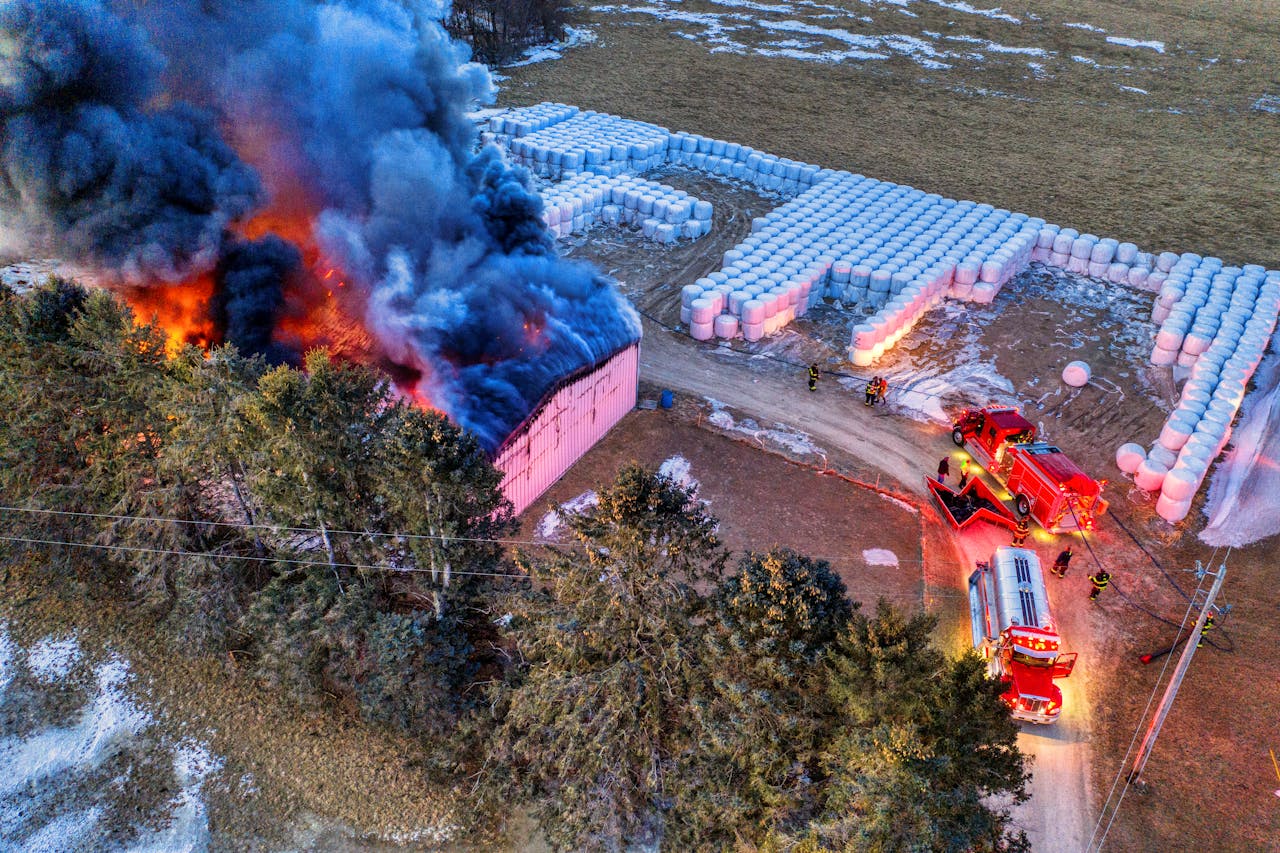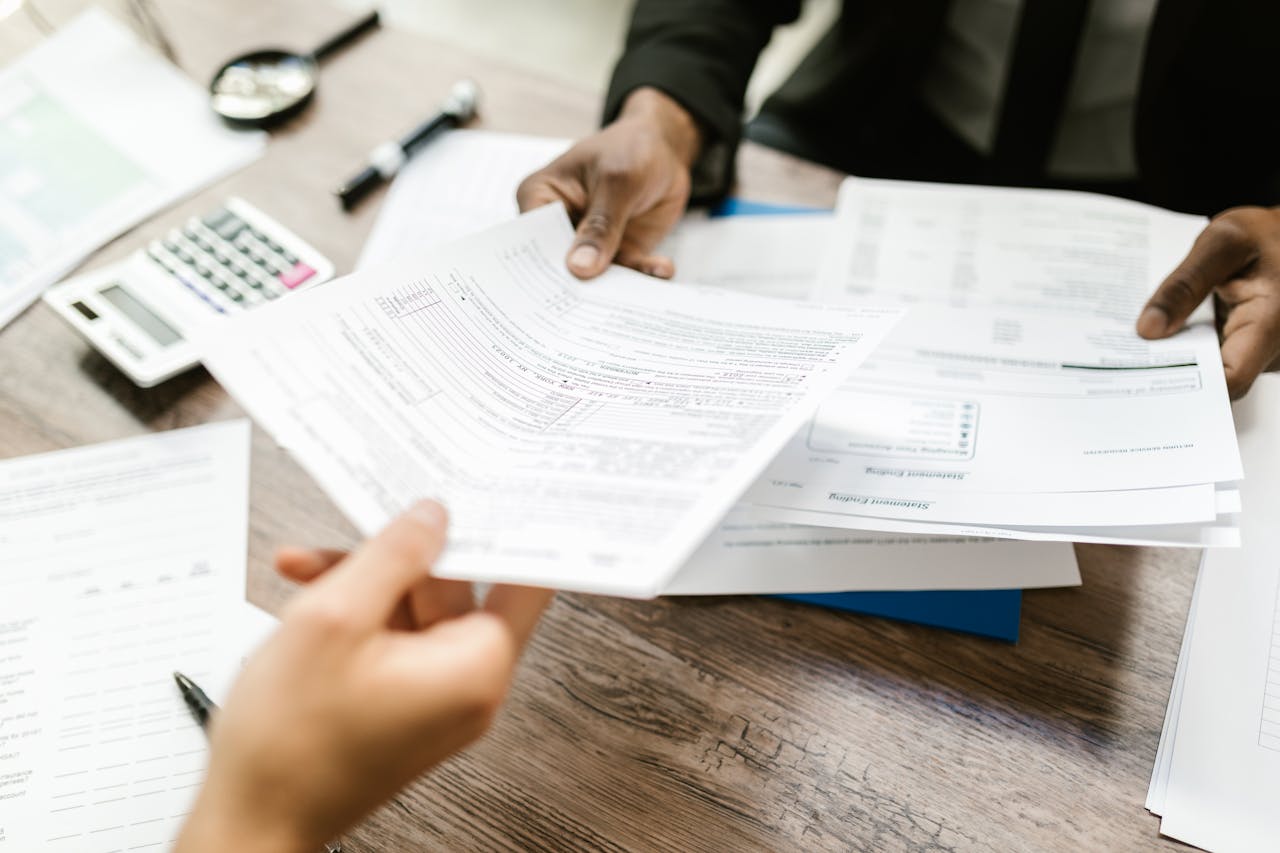
Essential Qualifications & Standards for Expert Subrogation Claims Adjusters

Key Takeaways:
-
A deep understanding of the entire subrogation process, application of the completed liability investigation and evaluating losses to coordinating recovery within legal guidelines, is essential for an effective subrogation claims assessor.
-
Subrogation claims adjustment requires specialized knowledge beyond standard claim assessments, including knowledge of legal foundations, skill in handling inter-company arbitration, and aligning with the goals of a third-party claims administrator.
-
Qualifications for subrogation claims assessors include extensive claims experience, strong investigative skills, clear communication abilities, and technical expertise with claims platforms.
-
Proven subrogation recovery tips from industry experts emphasize acting quickly, meticulously tracking communication, preserving evidence immediately, understanding policy terms thoroughly, and persistent follow-through.
-
Expert subrogation claims assessors significantly impact various lines of business, including general liability, auto/cargo losses, vendor/contractor claims, and third-party administration, by reducing financial loss and improving recovery rates and cycle times.
Handling a subrogation claim with efficiency and accuracy requires more than just knowledge of the process—it demands skill, strategy, and professionalism. In today’s claims environment, where organizations must balance speed with precision, the role of a subrogation claims assessor has never been more vital.
From managing complex general liability cases to coordinating with a third-party claims administrator, expert adjusters are essential to delivering measurable results.
This blog outlines the essential qualifications and standards for high-performing subrogation professionals and includes proven subrogation recovery tips that drive subrogation recovery success stories in real-world scenarios.
The Subrogation Process from Start to Finish
A deep understanding of the subrogation process is essential for any effective subrogation program. It involves more than just filing a claim—it requires a structured approach that includes identifying fault, evaluating losses, and coordinating recovery efforts within strict legal and procedural guidelines.
Expert adjusters follow a defined path within the claims process, which includes reviewing policy language, checking for a waiver of subrogation clause, preserving evidence, and maintaining compliance with state-specific regulatory codes, statutes, and relevant case law.
Subrogation claim handlers must rely upon the quality and accuracy of the file documentation, claim handling and investigation completed prior to their involvement in the claim. A failure to manage any of these details can jeopardize the ability to recover losses, especially in complex scenarios like a personal injury claim or multi-party liability event.
Why Subrogation Claims Adjustment Requires Specialized Skill
Subrogation claims adjustment involves more than evaluating damages—it’s about identifying opportunities for recovery, assigning liability, and enforcing legal and financial rights. Unlike standard claim assessments, subrogation cases often involve multiple parties, intricate contract terms, and the need for swift recovery. Competency and skill in handling the claim before it is assigned to a subrogation specialist for collection is essential.
The most effective subrogation claims assessor must understand:
-
The legal foundations of subrogation claim recovery.
-
The nuances of handling general liability and third-party involvement.
-
How to align subrogation actions with the goals of a third-party claims administrator.
These complexities highlight the need for highly skilled professionals who are trained in specialized recovery techniques and standards.
Top Qualifications for Subrogation Claims Assessors
To deliver consistent results, a subrogation claims assessor should meet the following standards:
-
Extensive claims experience: Prior exposure to various subrogation claims adjustment scenarios, including property, auto, and general liability.
-
Strong investigative skills: Ability to gather, analyze, and validate data to determine liability.
-
Knowledge of legal principles: Understanding tort law, contract law, and industry regulations that influence subrogation claim outcomes.
-
Clear communication: Ability to coordinate with legal counsel, clients, and third-party claims administrators to drive clarity and resolution.
-
Technical expertise: Familiarity with claims platforms and digital tools to streamline assessments and reporting.
These qualifications ensure adjusters are not only capable of managing subrogation files—they are equipped to secure strong results efficiently and accurately.
Proven Subrogation Recovery Tips from Industry Experts
Over the years, certain practices have emerged as key drivers of subrogation recovery success stories. Here are some proven subrogation recovery tips that every adjuster should apply:
-
Act quickly: Begin evaluating and documenting the case as soon as the claim is initiated.
-
Track every communication: Maintain a clear and organized record of all correspondence related to the claim.
-
Preserve evidence: Secure photos, statements, and reports immediately to avoid disputes over liability.
-
Understand policy terms: Be familiar with both first- and third-party coverage language to avoid missing recovery opportunities.
-
Follow through: Don’t let the recovery process stall. Persistent follow-up is key to closure.
Applying these best practices increases the likelihood of recovering funds and strengthens the overall efficiency of the subrogation claims adjustment process.
Where Subrogation Claims Assessors Make the Greatest Impact
An expert subrogation claims assessor can bring measurable value across multiple lines of business, particularly in:
-
General liability: Recovering costs from third parties responsible for personal injury or property damage.
-
Auto and cargo losses: Pursuing third-party reimbursement for collision or transit-related damages.
-
Vendor and contractor claims: Enforcing contractual responsibilities when a partner's negligence leads to a subrogation claim.
-
Third-party administration: Enhancing the workflow of a third-party claims administrator by quickly identifying recovery opportunities and securing results.
In every case, skilled subrogation professionals reduce financial loss, increase recovery rates, and improve claims cycle times.
Traits That Define a High-Performing Subrogation Adjuster
Beyond technical qualifications, the best adjusters share core personal traits that contribute to subrogation recovery success stories:
-
Detail-oriented: Missing even a small piece of information can derail a subrogation claim.
-
Resilient: Many claims require extended negotiation—strong adjusters remain focused on the end goal.
-
Collaborative: Effective coordination with legal teams, internal stakeholders, and third-party claims administrators leads to smoother resolution.
-
Results-driven: Commitment to maximizing recovery while maintaining professionalism and accuracy.
These soft skills complement technical expertise and ensure the adjuster is a consistent performer across any claim environment.
Identify and Act on Subrogation Opportunities
A core responsibility of the subrogation claims assessor is recognizing and acting upon potential subrogation opportunities—often hidden within larger claim files. These can arise in a wide range of scenarios, including property damage, contract breaches, personal injury claims, and transportation losses.
Adjusters must be trained to look for red flags and indicators that suggest another party may be legally or contractually liable. This includes reviewing vendor contracts, delivery agreements, and incident reports. The presence of a waiver of subrogation clause must also be identified early, as it can eliminate recovery rights if not addressed upfront.
Prompt identification of subrogation opportunities increases recovery potential and directly contributes to a successful subrogation program.
Setting the Standard for Subrogation Success
The success of a subrogation claims adjustment strategy hinges on the quality and expertise of the professionals managing it. By focusing on experience, legal knowledge, investigative skill, and key traits, businesses can build a high-performing team of subrogation claims assessors capable of driving recovery.
Whether managing routine files or coordinating with a third-party claims administrator on complex cases, applying proven subrogation recovery tips and maintaining high standards leads to more frequent subrogation recovery success stories.
Subrogation isn’t just about recovering money—it’s about doing so with confidence, clarity, and consistency.
Partner with a Skilled Subrogation Claims Assessor Today
Maximize your recovery potential and streamline your claims process with Veritas. Our expert subrogation claims assessor team brings the knowledge, strategy, and precision needed to handle even the most complex subrogation scenarios—ensuring efficient resolution and successful outcomes.
Contact Veritas today to learn how our specialized subrogation services can support your business and strengthen your claims strategy.

